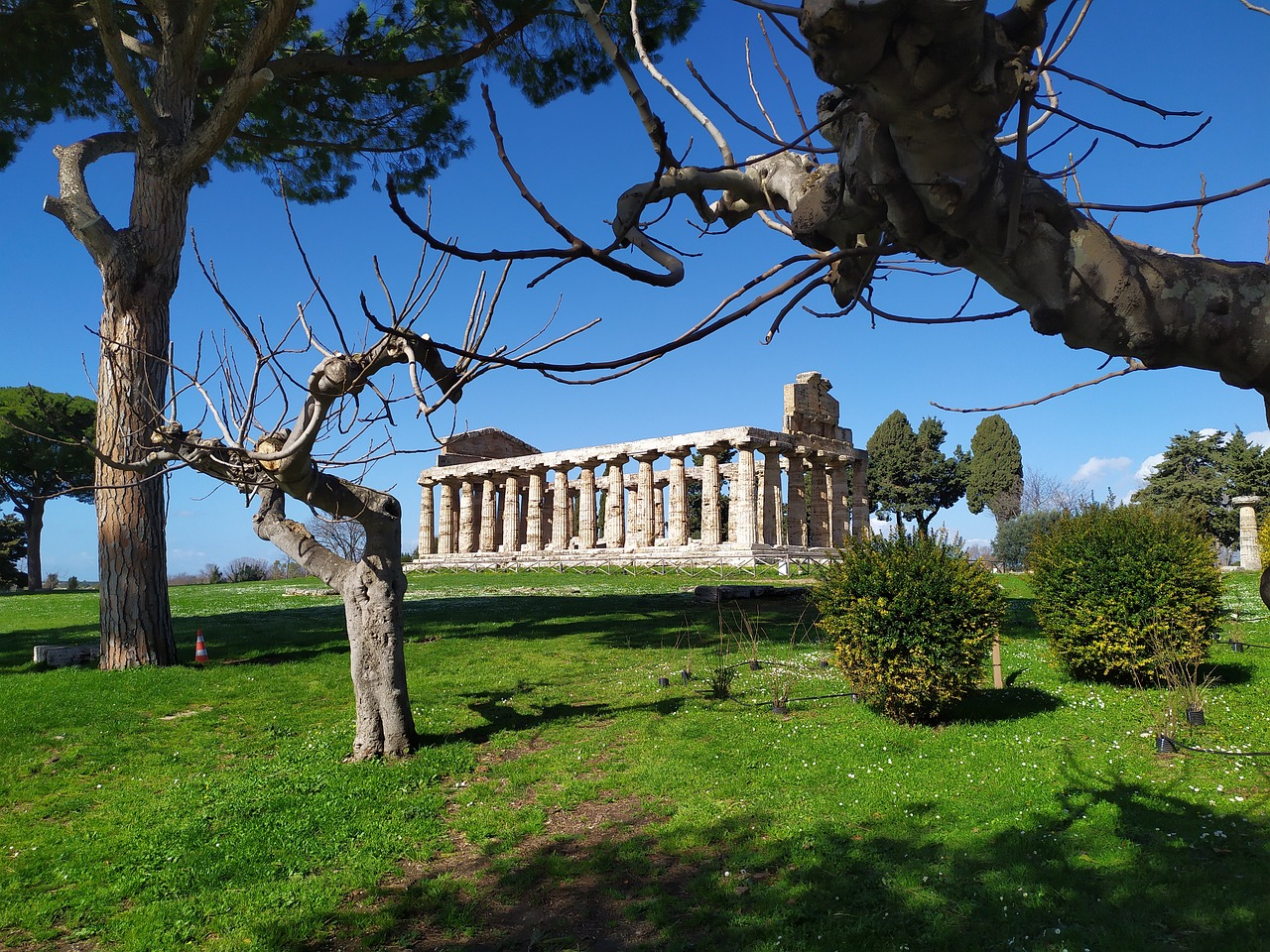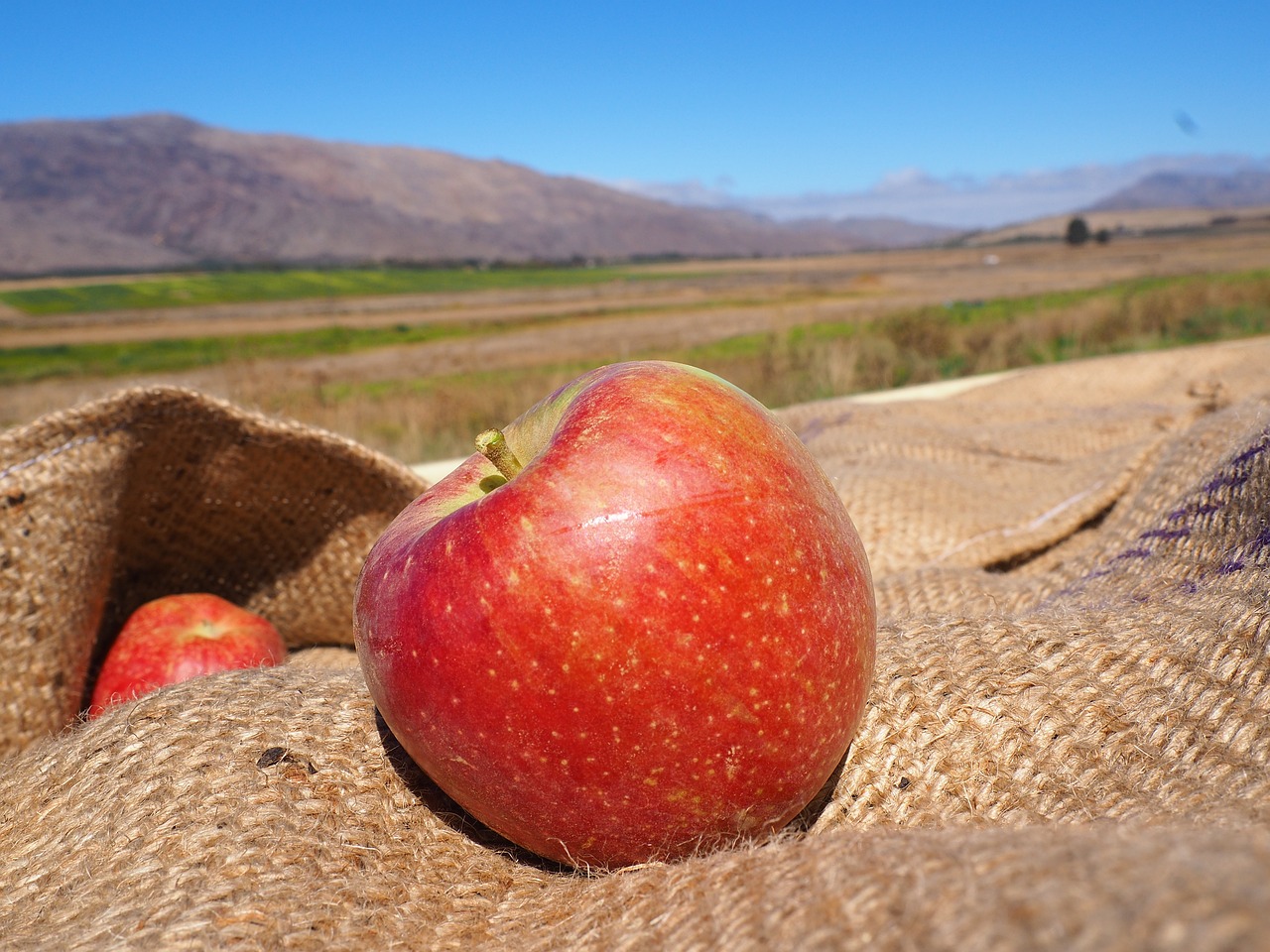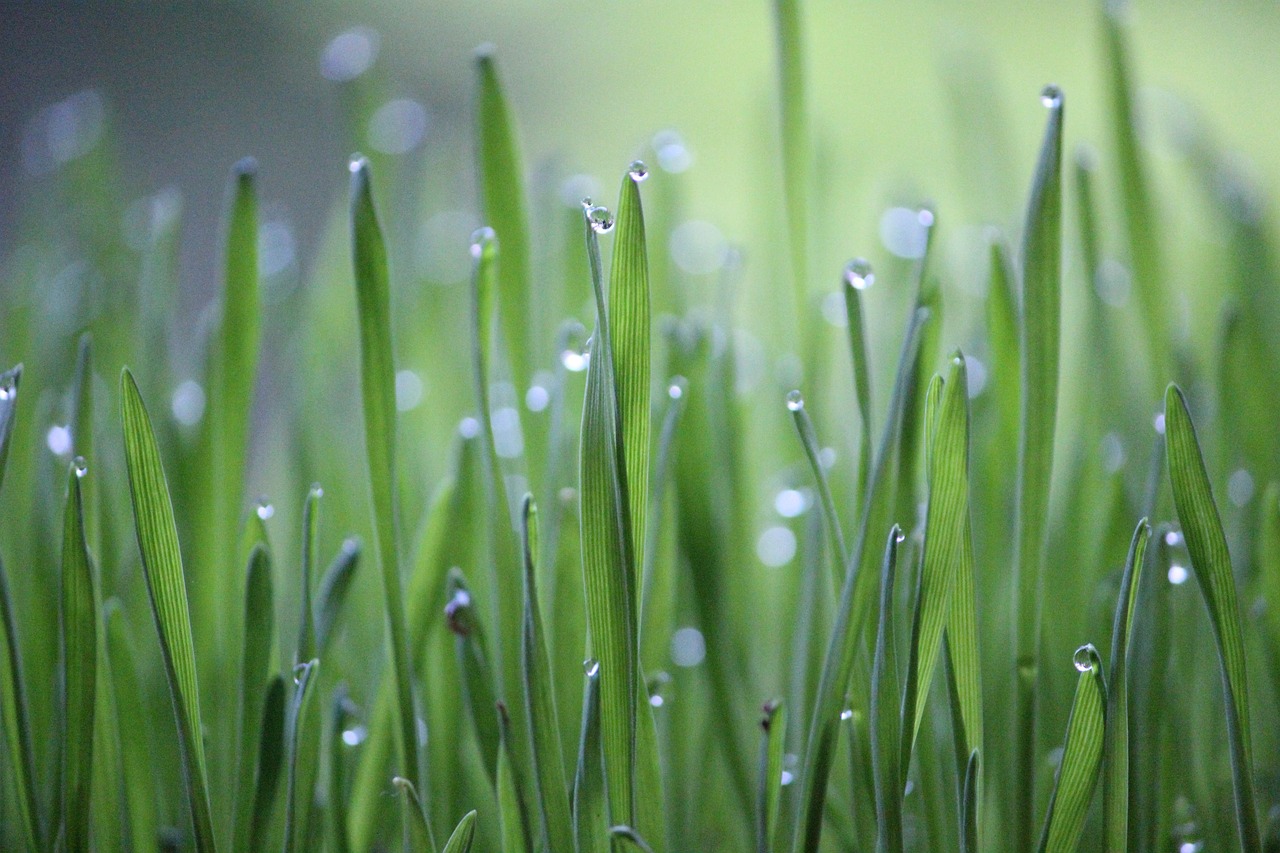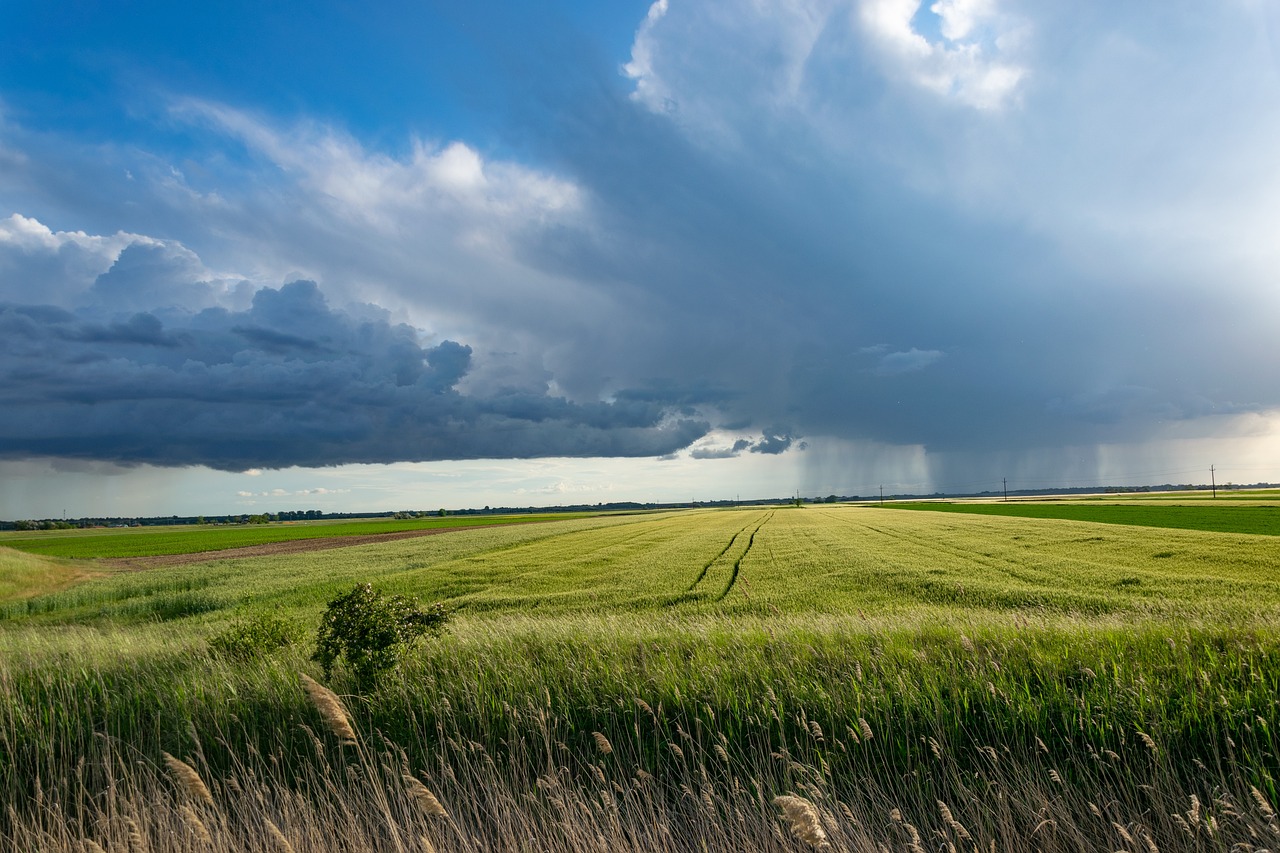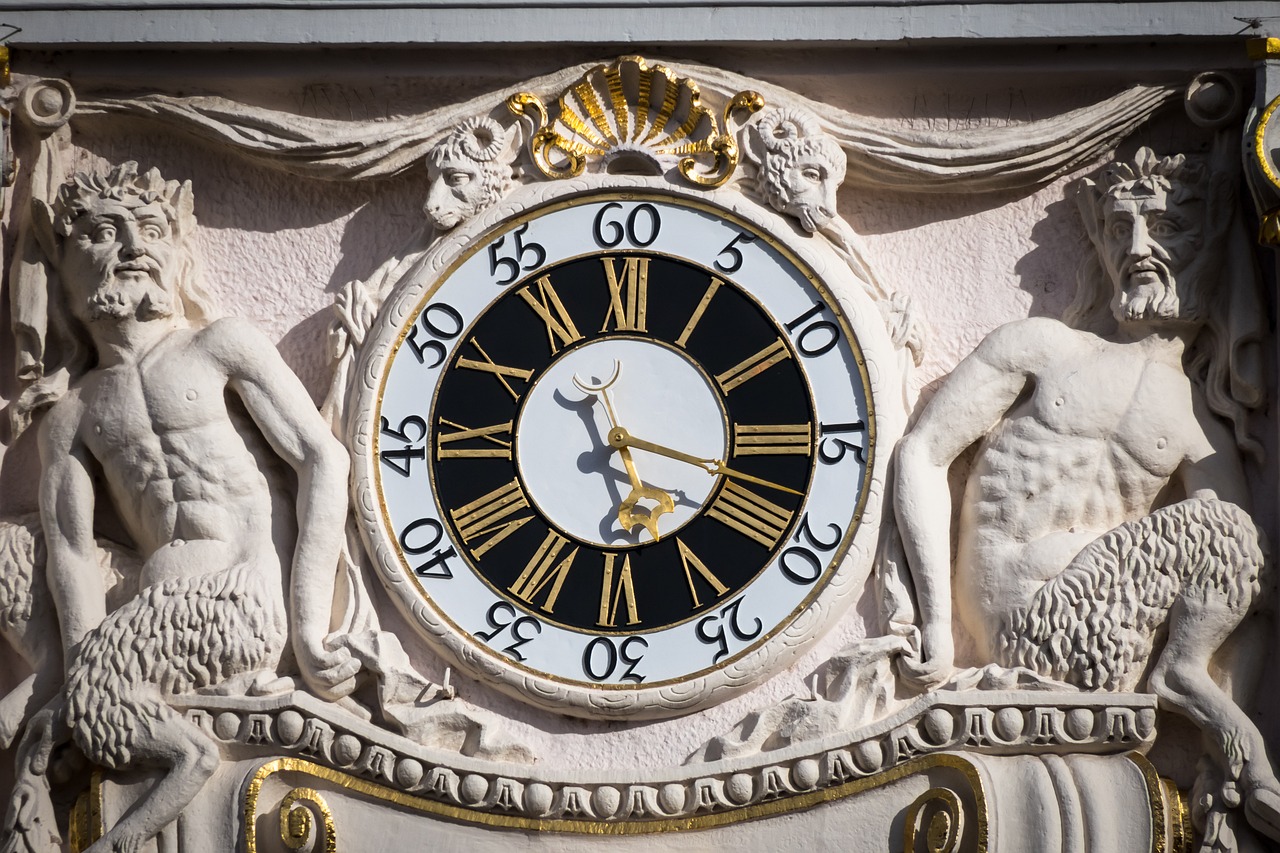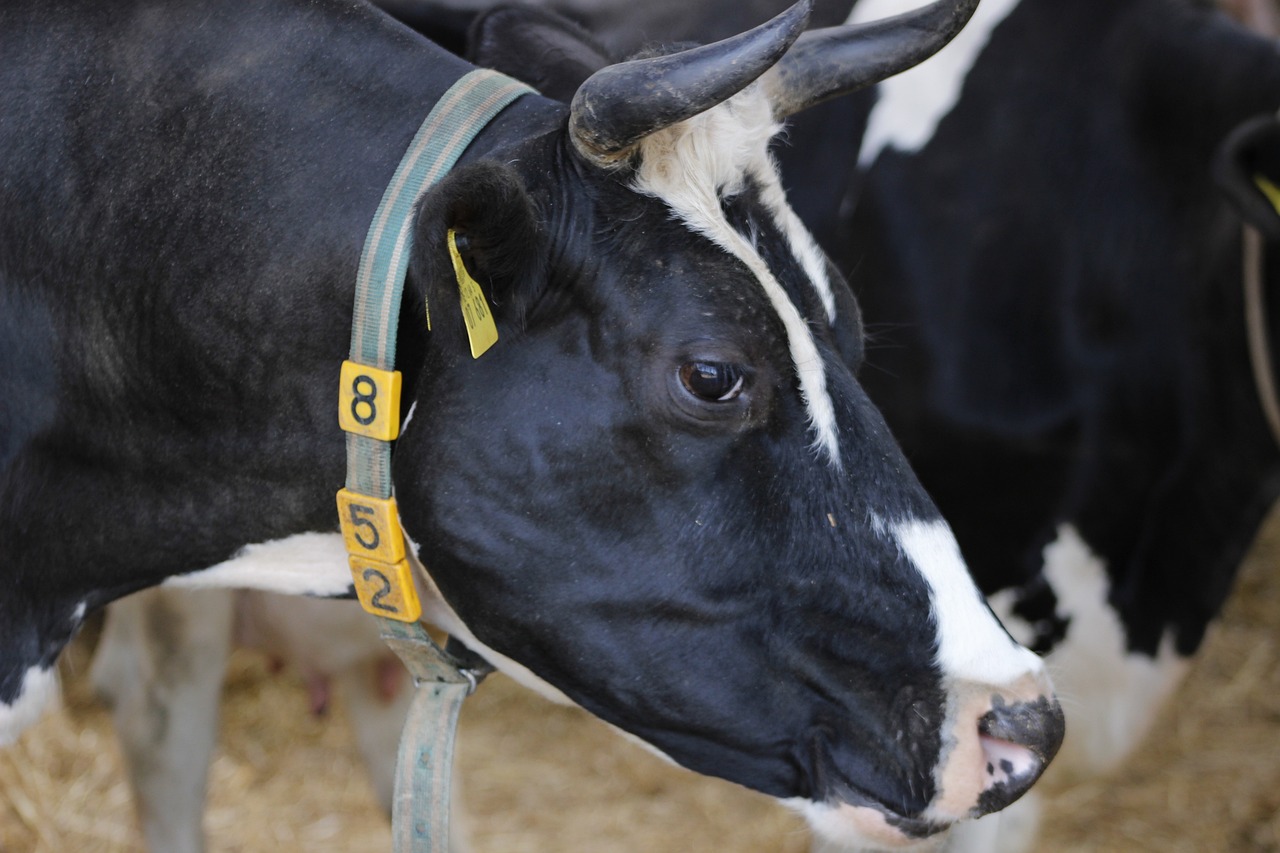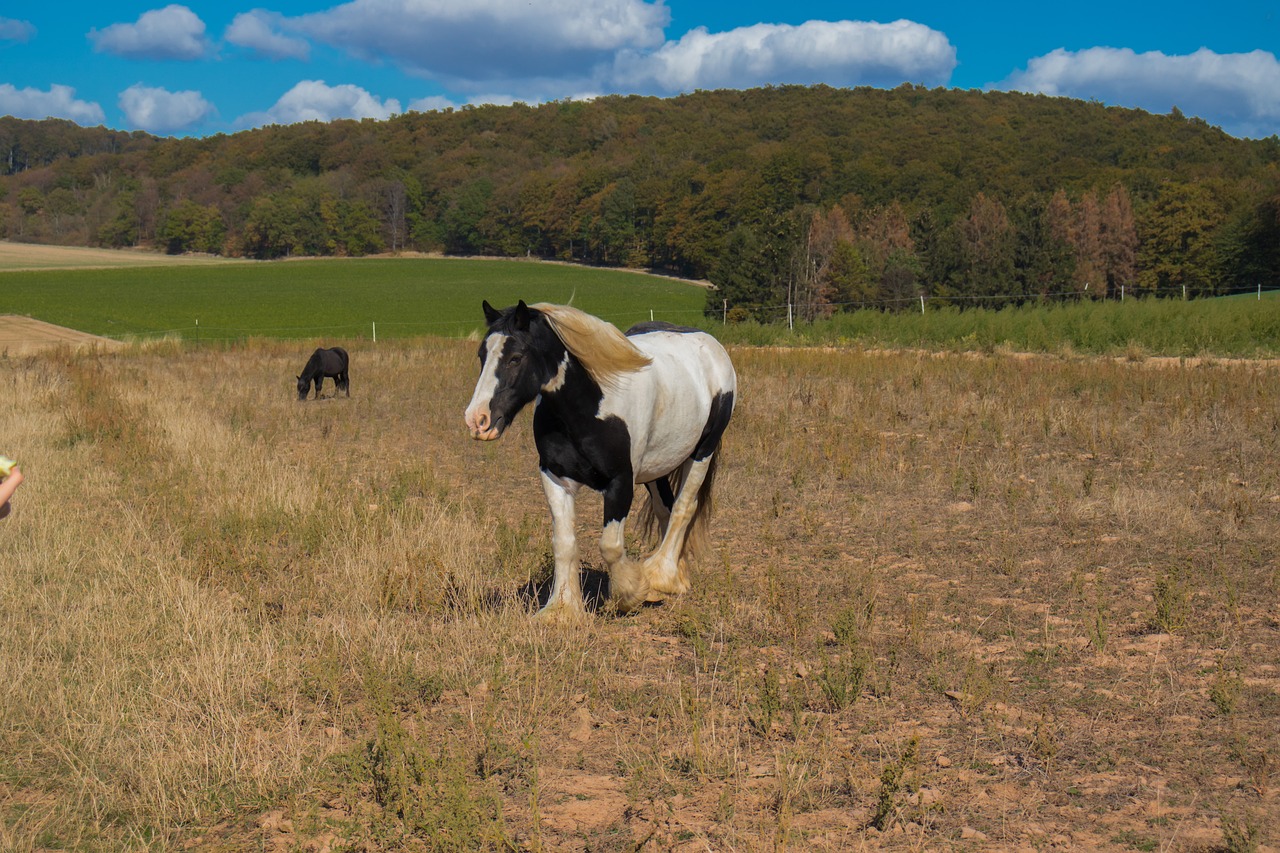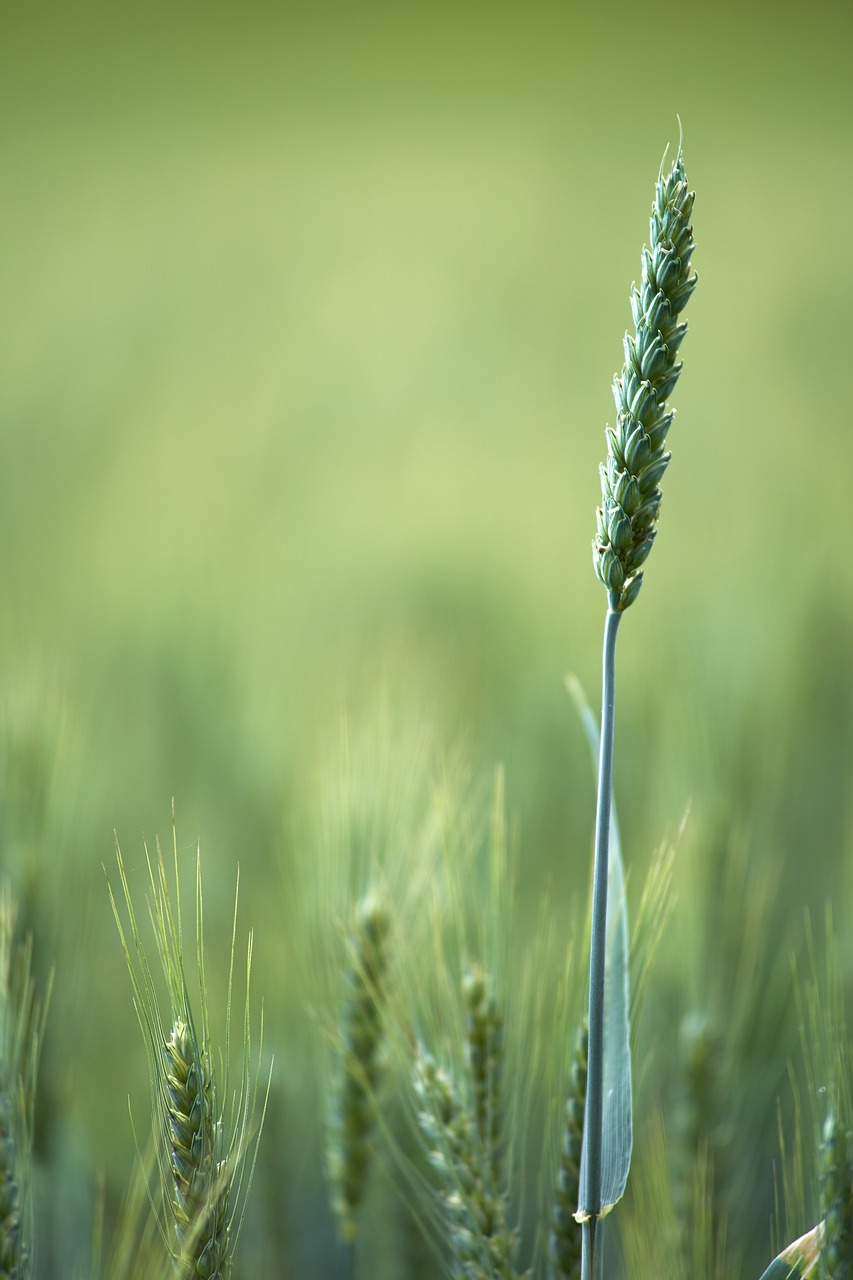Tag: Agriculture
-
Understanding Ceres: The Roman Goddess of Agriculture The figure of Ceres has deep historical significance, connected to the origins of agriculture, which began approximately 10,000 years ago as the climate warmed post-Ice Age. This period marked humanity’s shift toward cultivating crops to ensure a consistent food supply, reducing reliance on hunting and foraging. This agricultural…
-
Ceres, the Roman goddess associated with agriculture and harvest, plays an integral role in mythology, symbolizing both bounty and scarcity. While her blessings bring about abundant crops, her discontent leads to blight and famine. She is often envisioned as a nurturing matron adorned with symbols such as the sickle, grains, and cornucopia. Her Greek equivalent…
-
The Season of Renewal: Ancient Roman Farming Traditions As winter lingers into late January in New York City, the streets are filled with bundled-up individuals braving the cold. With snow blanketing the ground and the threat of icy temperatures, many find themselves waiting eagerly for the warm embrace of spring to melt the frost and…
-
Agriculture’s origins can be traced back to the intentional cultivation of useful plants and animals within human-modified ecosystems. While agriculture is often viewed through the lens of specific practices, such as rice cultivation in Asia or cattle ranching in the Americas, a broader interpretation acknowledges humans as environmental engineers who actively modify natural habitats. These…
-
Faunus, the son of Picus and the father of Latinus, was the third king of the Laurentes. During his reign, he followed the agricultural and pastoral traditions established by his predecessors, Picus and Saturn. He was distinguished not only as a ruler who advanced farming practices and livestock breeding but also as a celebrated hunter.…
-
Demeter, in Greek mythology, is recognized as the daughter of Cronus and Rhea, the sister and consort of Zeus, and a prominent goddess of agriculture. Her title emphasizes her maternal role. Although Homer seldom mentions her and she is not traditionally seen as one of the Olympian deities, the foundation of her mythological stories is…
-
Demeter: Goddess of Agriculture and the Mysteries Introduction to Demeter Demeter, the revered goddess within Greek mythology, embodies agriculture, grain, and the sustenance vital for human life. Charged with overseeing the primary Mystery Cults, she provided followers insights into a fortunate afterlife amid the blissful fields of Elysium. Commonly represented as a mature woman, Demeter…
-
Demeter: Goddess of Agriculture and Fertility in Greek Mythology Demeter, an Olympian deity revered as the goddess of agriculture, grain, and sustenance, played a crucial role in nurturing humanity through the earth’s abundance. As the patroness of one of the significant Mystery Cults, she offered initiates the promise of an enriched afterlife in Elysium. Artistic…
-
Agriculture has its roots in the deliberate cultivation of beneficial plants and animals within environments shaped by human intervention. While agriculture is often viewed through a narrow lens—highlighting specific activities like rice cultivation in Asia or cattle ranching in the Americas—a broader understanding portrays humans as environmental architects who alter natural landscapes in targeted ways.…
-
Renenutet: The Evolution of a Protective Goddess Renenutet, known also by names like Rennut, Thermouthis, and Hermouthis, is an ancient snake-goddess imbued with protective powers whose significance shifted throughout Egyptian history. Her status transitioned from watching over the king to becoming a symbol of agricultural prosperity. She is typically portrayed as a cobra, adorned with…

